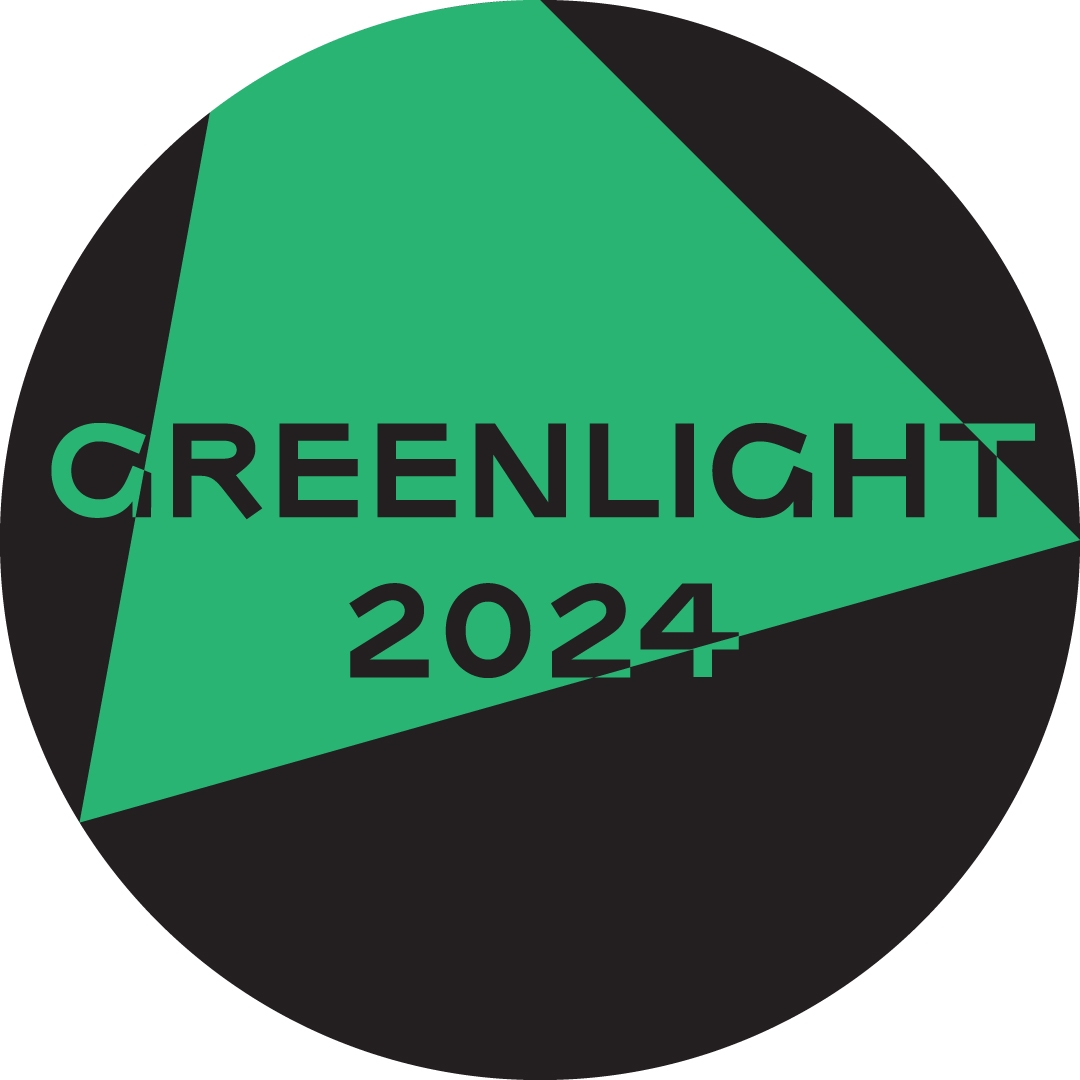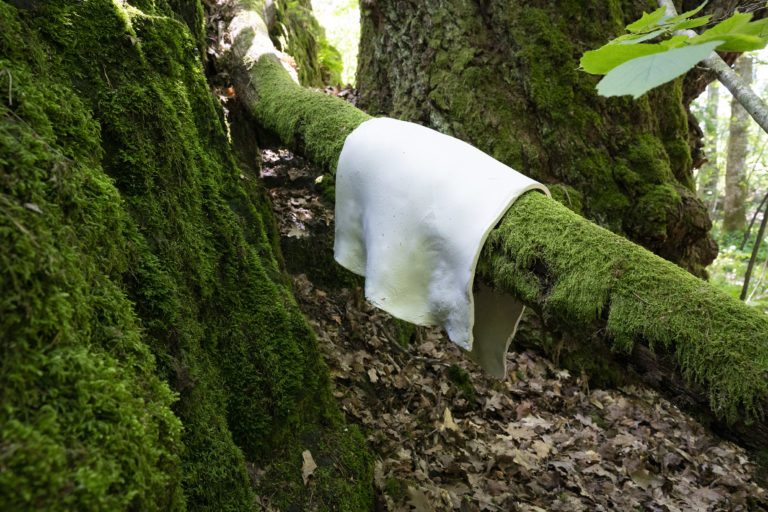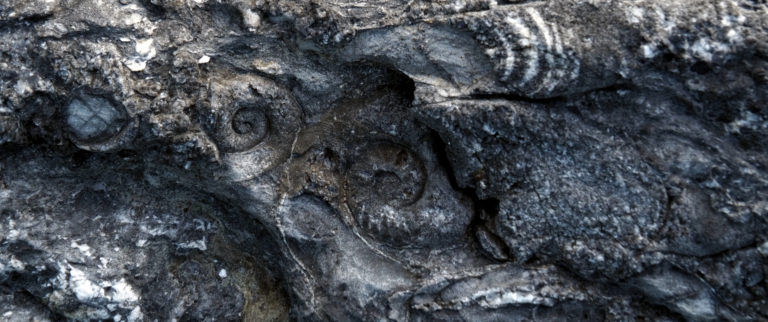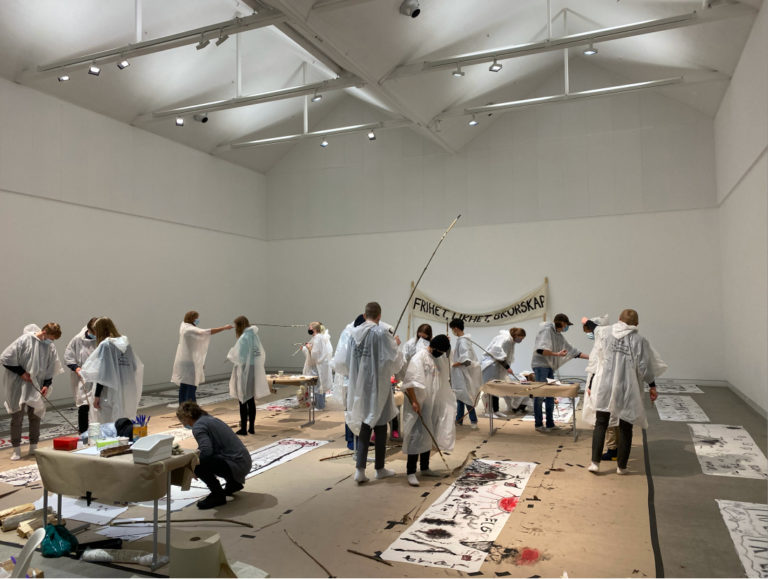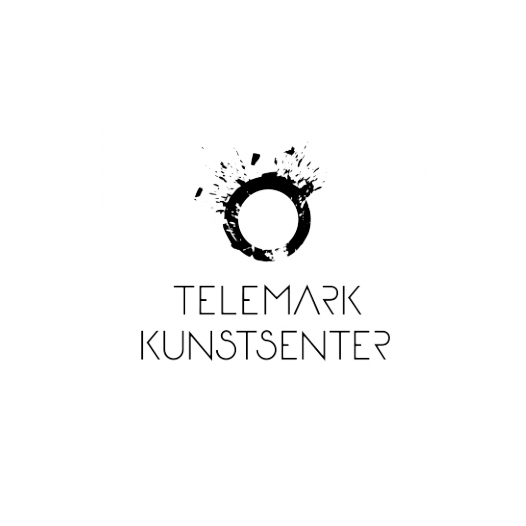The Curse of an Unstoppable Appetite
The theme for the 2024 edition of Greenlight Triennial, “The Curse of an Unstoppable Appetite,” draws inspiration from the Greek myth about the Goddess of agriculture and harvest, Demeter, and the (human) king of Thessaly, Erysichton. Erysichton was cursed to live with an insatiable hunger by Demeter as a consequence of felling a sacred oak. The more he ate, the hungrier he got. As he used all his resources to find food, including his own daughter whom he sold for slavery, he became destitute and desperate. In the very end, Erysichton had to eat himself bite by bite until nothing remained. His desire for food serves as a poignant metaphor for the unrelenting human appetite for more, and the far-reaching consequences it bears.
The thematic core of the Greenlight Triennial, since its inception in 2017, has been to delve into regional issues regarding nature, industry, climate, and environmental impact on Grenland’s scenic landscape. The transformations witnessed in Porsgrunn and Skien, the main nodes of the region, mirror the global shifts in the economies and industries. Over time, Grenland has transitioned from a dominant oil based traditional heavy industry to providing large-scale depots for computer servers, and now the potential of mining for minerals and chemical elements required to sustain our modern reliance on electronical tools in the area is explored.
A find of REE (Rare Earth Elements), elemental linchpins used in electric cars, wind turbines, and smartphones, has garnered global attention from mining entities. The prospect of large-scale REE extraction present employment opportunities and the potential for substantial tax revenue for the municipality. However, as with any mining venture, there are inherent challenges. Mining can trigger ecological disruption, soil and water contamination, air pollution and biodiversity loss, not to mention produce toxic waste that needs to be safely deposited for thousands of years, underscore the complex trade-offs that demand careful consideration.
The dual nature of REE – both as a potential catalyst for the so called “green shift” towards a more sustainable society and as a radioactive element – compels us to confront the intricate web of benefits and consequences. Its extraction, while offering a pathway to reduce dependency on China, the current epicenter of thorium supply, also poses significant environmental and safety challenges. The intricacies herein encounter the global quandary: the pursuit of a growth versus the imperative of environmental preservation. The green shift hereby imposes immediate dangers that require major negative consequences for the climate, but a promise of a better tomorrow where we hopefully can reach an equilibrium of growth within the limit that nature tolerate and can recuperate from.
Within the spectrum of climate perspectives, the discourse oscillates between urgency through scepticism to denial. While some assert that immediate upheaval is essential, others advocate for incremental enhancements. Whereas the scientific consensus is clear that climate change is real, and that it due to anthropogenic actions, a multitude of voices find themselves in the middle, seeking clarity and direction.
The path towards a sustainable future necessitates reimagining norms. Attempts of reinventing and reshaping what is bad for the climate involve alternatives to our consumption, such as plant-based meat or purchasing carbon offsets when flying.
A crucial question this implies, is if it is indeed possible to consume our way towards a sustainable society? Is it possible to find a sustainable balance between economic stability, social well-being and environmental protection?
Our global culture has gone from a market economy to a market society. And while economy is a valuable and highly effective tool for organizing productive activity, a large part of humanity lives a life in which market values seep into every aspect of human endeavor. This evokes the by well-known quote, often ascribed to Slavoj Zizek or Frederic Jameson, that “it is easier to imagine the end of the world than the end of capitalism”.
The human condition of relentless craving for both more and better, that is deeply embedded in the consumerism of our time, has come to a crucial peak. We, like Erysichton in the myth of Demeter’s curse, need now to consider if we risk consuming the very conditions for survival of life on earth if we continue like we do. Art has a unique ability to evoke conversation, introspection, awareness, and transformation, and the 2024 edition of Greenlight Triennial opens up to international artists with practices that interweaves themes of climate, economy, material exploration and diverse perspectives, inviting for contemplation on the human condition and justice in a global perspective. For many of the artists it is important to produce their work on site and in relation to the site specific features of the location and the region.
Power Ekroth
Curator
Greenlight 2024

